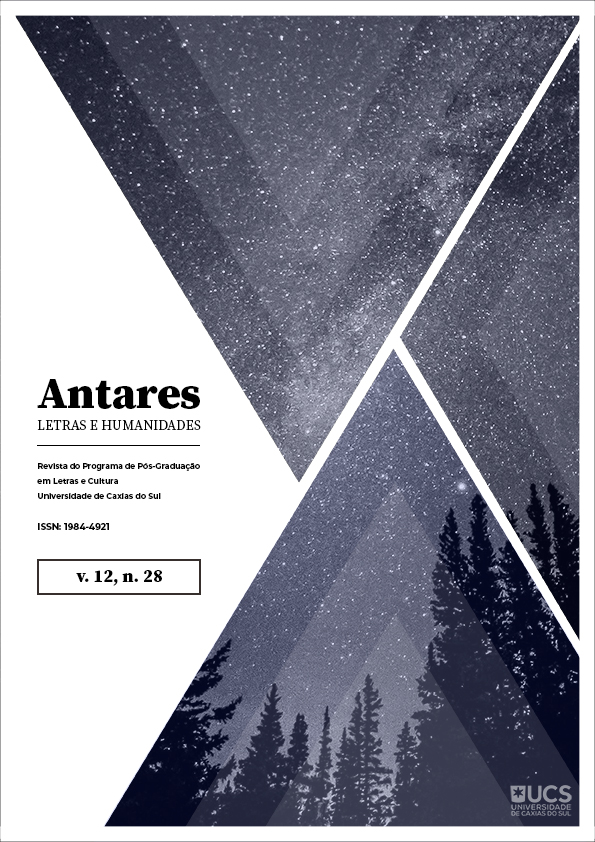SPEAR: a framework for Indigenous cultural games
Palavras-chave:
Indigenous studies, Game studies, Game design.Resumo
Video games, which uniquely interweave design, code, art, and sound, can be an especially robust way to express Indigenous cultures. Such games should involve Indigenous people in meaningful roles throughout design and development from conceptualization to distribution with a focus on building capacity to encourage self-determination for Indigenous game developers. This call to action informs SPEAR (Sovereignty, Positionality, Equity, Advocacy, and Reciprocity), a framework for design and development informed by the Indigenous cultural game Thunderbird Strike.





